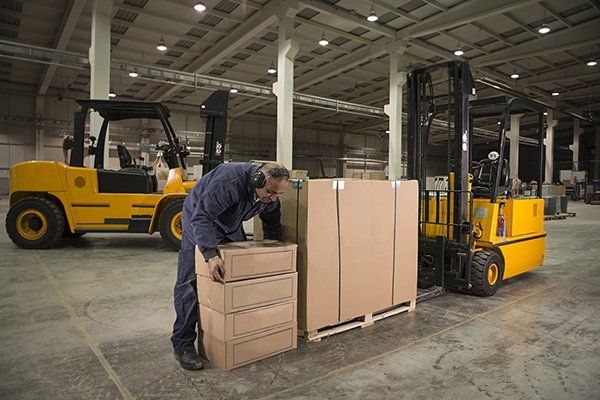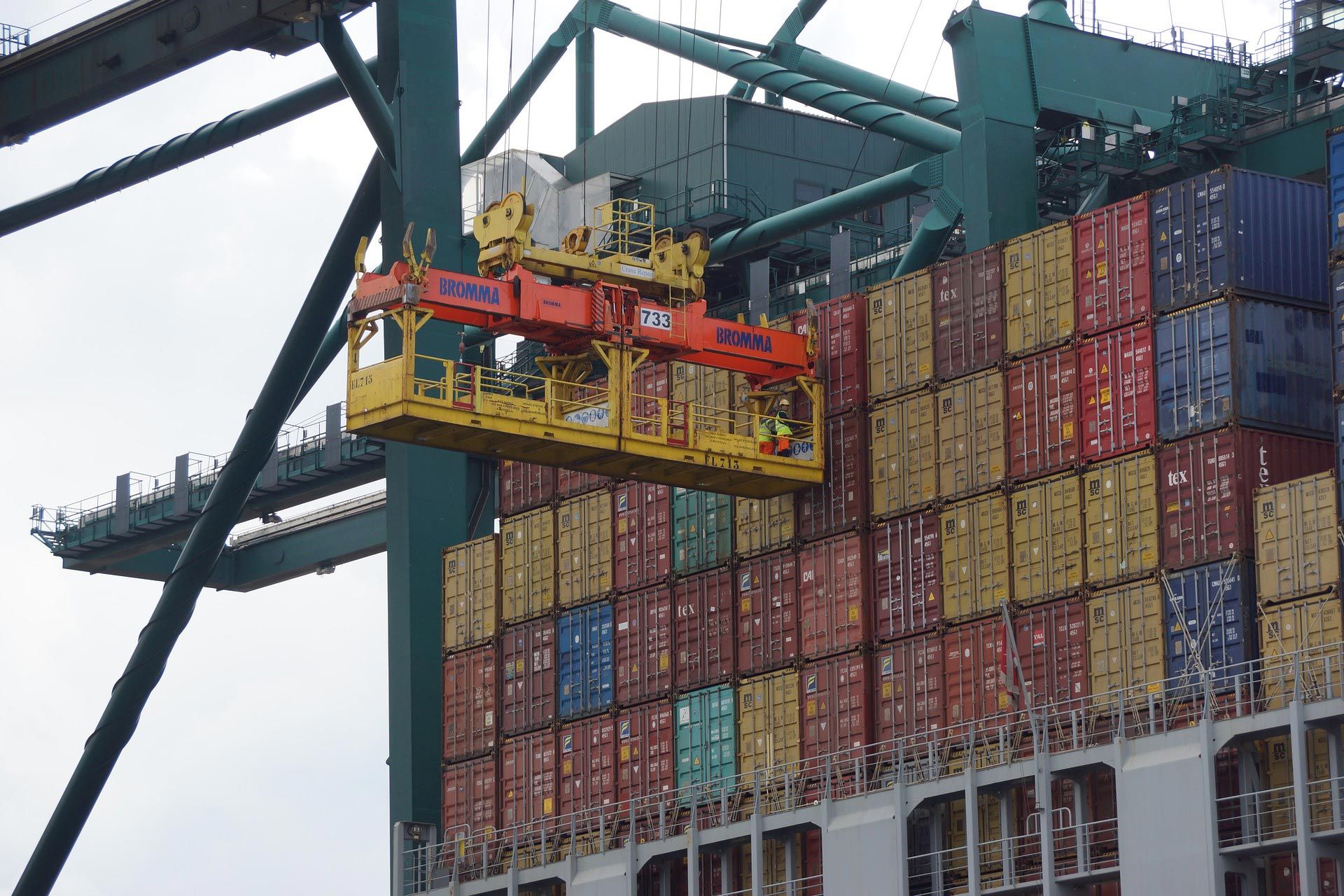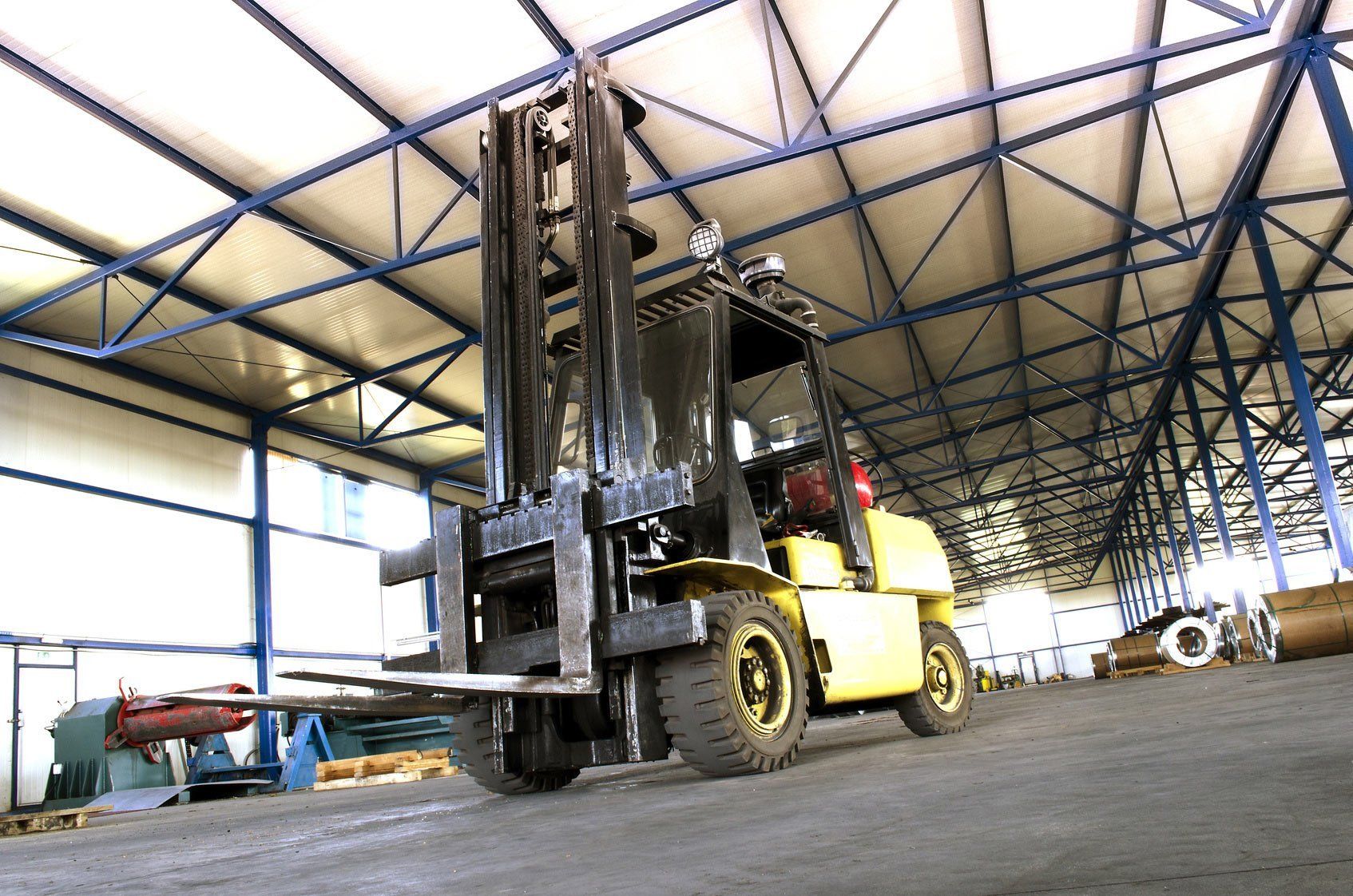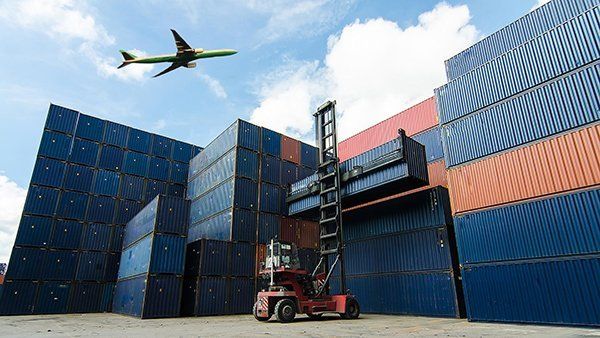by Evilasio Emanuel Antonio Armando
•
13 February 2023
The transportation industry is at the core of most businesses. Whether you are selling/buying products, components, raw materials or maybe just relocating, one of the most important aspects is to arrange the transportation process. Never easier some would say, especially now considering the very wide range of shipping services available on the market. Indeed, it can be a straightforward process, however there are a few factors to consider such as the reliability of the freight forwarder/carrier you decide to work with. Recently, one of the biggest concerns when it comes to the transportation industry, is the increase in prices. Nevertheless, we think that an elaborate overview of the actual context will help our customers to get a better understanding of the current shipping cliate, and how it may develop. Increase in Shipping costs overview There are many aspects to debate when we are talking about the growing prices in the transportation industry, however, we would like to focus on the most important ones. 1. Brexit: The exit of Great Britain from the European single market. This massive change affected many sectors, however one of the most impacted was the transportation industry. The first few months after the 1st of January 2021 were marked by uncertainty and chaos. After many years of free trade, the UK left the European Union and that brought about various changes when sending goods from/to the EU, such as customs documents implementation, and of course customs clearance charges. Needless to say, these customs clearance charges have contributed to the rising costs. Due to Customs requirements and checks, the freight is now spending more time in transit, and this is also increasing the costs. At the same time, situations like mislabeling or the lack of necessary legal documents, or missing and/or incorrect information provided on commercial invoices can lead to increased costs for carriers, which in time will be passed over to the end customer. 2. COVID-19 Pandemic: Since 2020, when the COVID-19 pandemic started, the world has been constantly struggling with ongoing outbreaks. The situation has dramatically affected different industries, one of them being the transport industry. National lockdowns and international restrictions have contributed to the rising shipping costs, not only for European imports and exports but have also affected the trade with other continents. Contrary to expectations, the demand for container shipping has increased, following the initial lockdowns and it lead to a shortage of containers. This is likely the first aspect that has contributed to the increased costs for container transport. At the same time, many other factors have contributed to the rising prices, such as the extra measures that have been taken for the safety of people operating within the sector, one of the few sectors which continued to operate throughout the crisis. 3. Drivers' shortage: Again, we are talking about a situation that has affected not only the UK but many countries across the world. The drivers' shortage is considered to be the effect of both the COVID-19 pandemic and Brexit and although it is affecting many countries worldwide, the situation is particularly difficult in the UK. It is very well known that the UK relied heavily on foreign workforce from Eastern Europe, especially for driver jobs. However since the pandemic started, followed by the national lockdown, many drivers decided to return to their home countries. After a few months, new Brexit regulations came into effect, and some of the drivers couldn't return due to the new bureaucratic requests. The haulage companies have urged the Government to include the driver position on the special visa list, stressing out the impact of the shortages. However, the Government decided that the industry should instead focus on the British workforce. The recruiting process didn't help very much, as the testing process has been continuously postponed due to the lockdown restrictions. In the meantime, the demand has risen and caused tremendous backlogs, and the prices have increased. 4. Fuel crisis: Europe is facing one of the most challenging times in the past few decades and the consequences have already started to appear. Since Russia invaded Ukraine in February 2022, the global oil market prices have substantially increased and may continue to do so, according to experts. This represents another reason for increases in shipping costs, and it's massively impacting the world's economy. How are the increasing shipping costs affecting us? The events of the past couple of years have dramatically changed not only the transport industry but also the world. In this context, shipping costs have surged, and so did the prices of many products globally. Until this very moment, we at Pallet2Ship have done our best to keep our prices at the same level, despite the fact that all of our suppliers have increased their rates. The sequence of events that we have all witnessed in the last few years have led to unprecedented cost rises, and unfortunately, the future looks uncertain. The current situation is not only affecting the businesses operating in the transportation industry, but also our customers. Increased shipping costs have played a part in inflation rising to 6.2% in February, from 5.5% in January.



